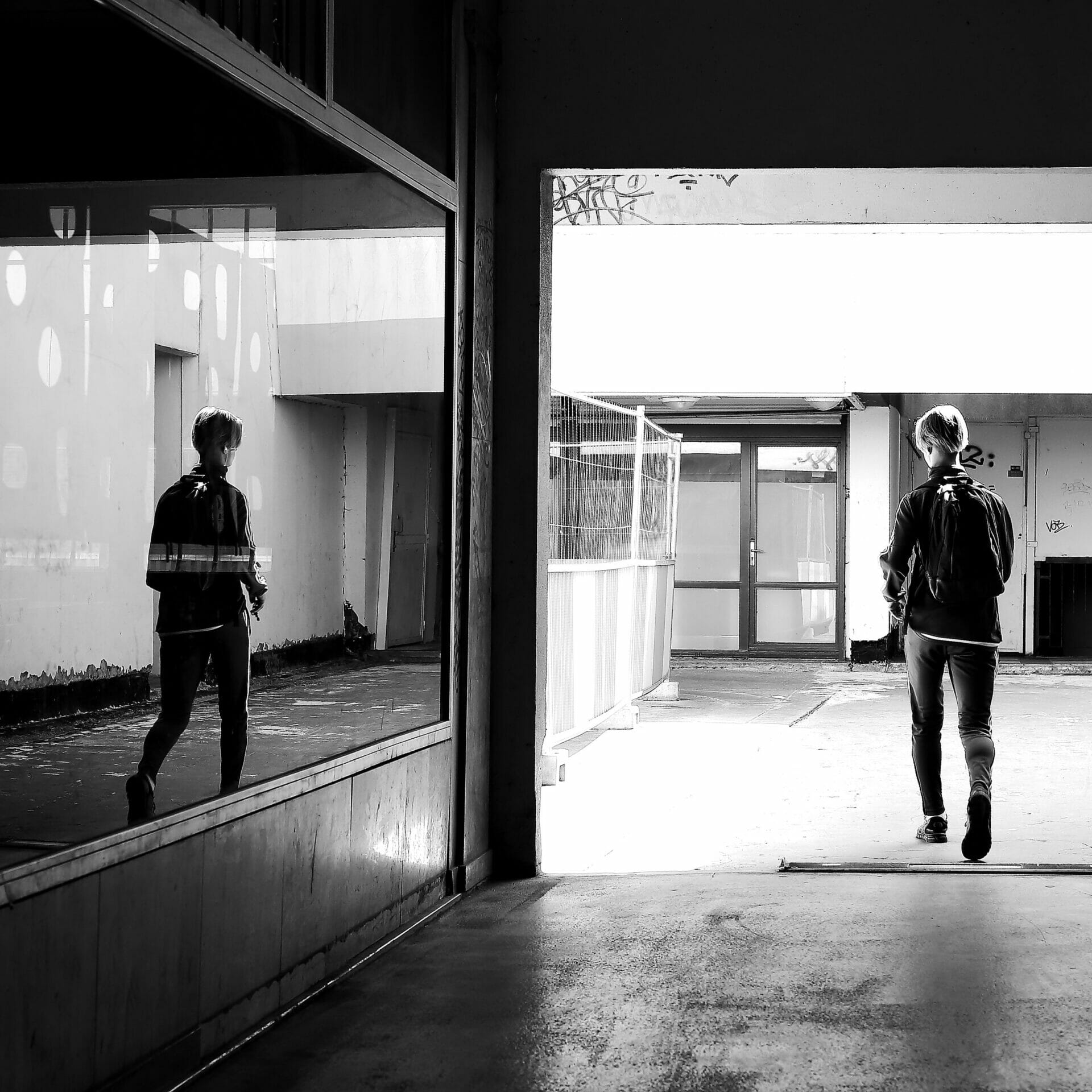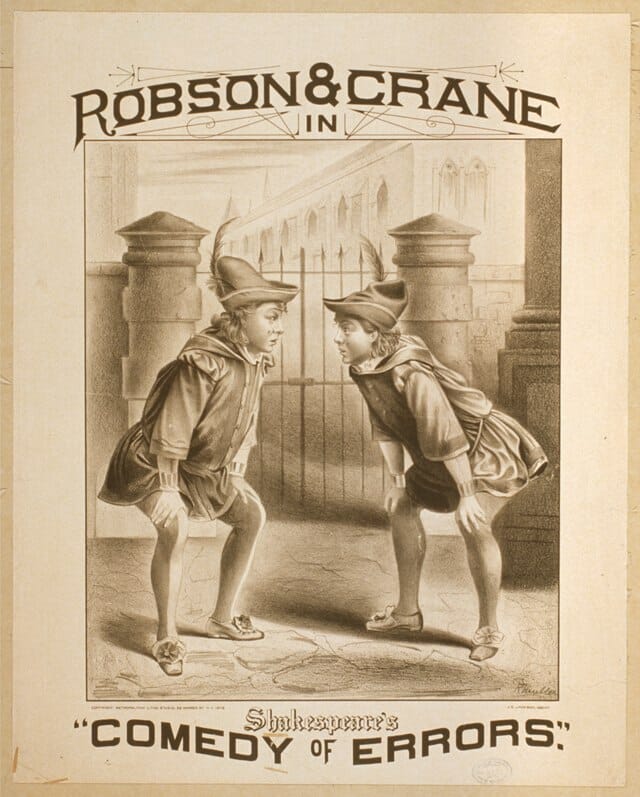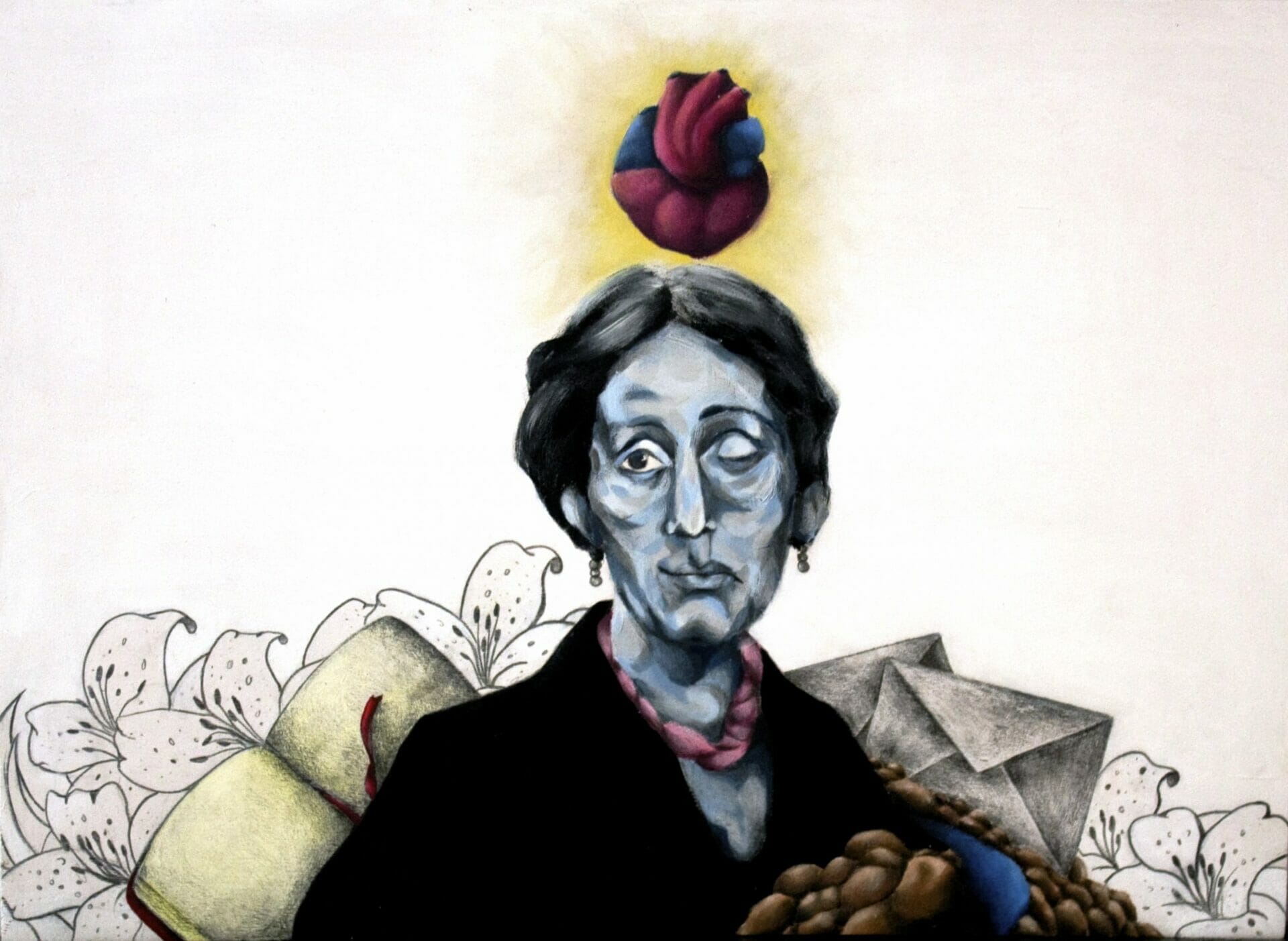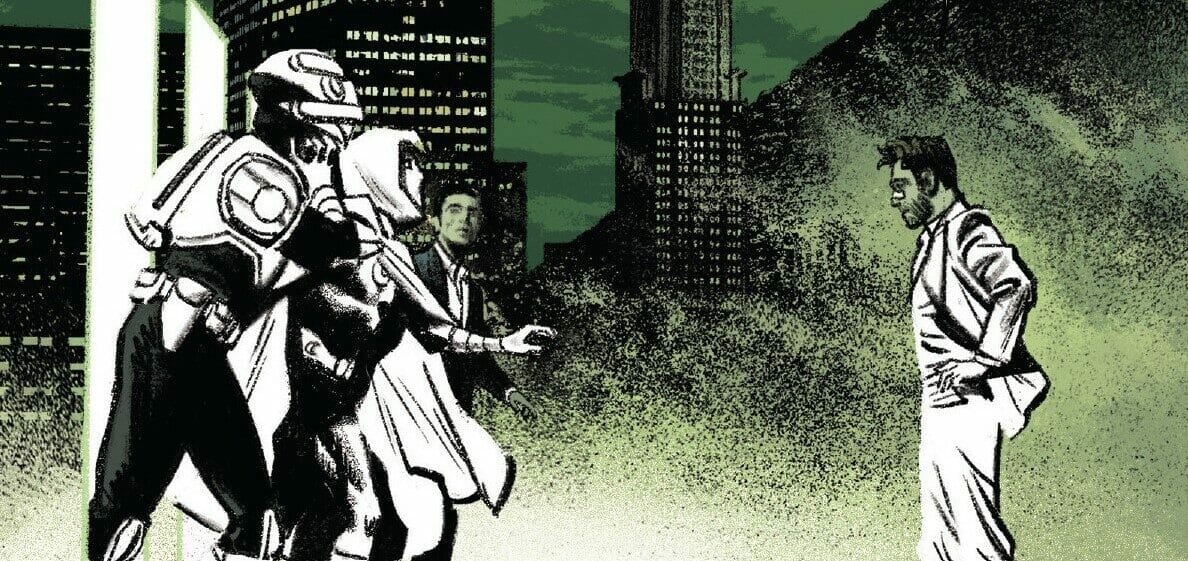
The Double | Saramago's reflection on individuality
Author
Year
Format
A school teacher discovers he has a precise double. Tertuliano Màximo Afonso, the protagonist of The Double (O Homem Duplicado in the original version), is one of the most layered and complex figures in José Saramago‘s literary output. The Nobel prize-winning author describes the mental escalation that leads Tertuliano to question his very identity and existence.
Published in 2002, the book inspired the plot of Denis Villeneuve‘s 2013 film Enemy.
Man in the mirror
Tertuliano is a history teacher leading a dull and anonymous life. A long time divorced, and being in an occasional relationship he does not have the strength to end, he surrendered to “the temporary weakness of spirit ordinarily known as depression”. Although he is not fond of movies, one night he decides to watch a light comedy recommended by a colleague. Something incredible happens when he spots on the screen an extra who is his identical copy. The discovery disrupts Tertuliano’s existence: he becomes obsessed with finding out who the actor is and secretly starts investigating. When he discovers the man’s name, Antonio Claro, the point of no return has already passed. Tertuliano gives up every reservation and decides to meet his double, unaware of the consequences of his actions.
The double as literary cliché
That of Doppelgänger is a literary device and theme as old as Occidental culture. Over the centuries, countless authors have revived and reinterpreted it, adapting it to various genres to convey different messages. A prolific comedy strand, dating back to Plautus‘ Maenechmi and pursued by William Shakespeare‘s The Comedy of Errors, builds up on the humor stemming from two twins’ mistaken identity.
On the other hand, the double can be the ideal expedient to investigate human nature. From Robert Louis Stevenson‘s Strange Case of Dr Jekyll and Mr Hyde to Jeff Lemire‘s Moon Knight, as well as Italo Calvino‘s The Cloven Viscount and Stephen King‘s The Dark Half, all these works transpose the eternal struggle between good and evil within the same person. It thus becomes an interior conflict between two opposing personalities.

In The Double, Saramago somehow integrates and develops these two narrative approaches. Despite being his exact copy, Claro is a distinct person from Tertuliano. Echoing the mechanisms of mistaken identity, the encounter between the two characters gives rise to a series of paradoxical situations. Though, rather than in comic scenarios, they result in unsettling issues about identity and individuality, going beyond the mere good-evil dichotomy.
Giving voice to an overthinking mind
The novel is not so much a literary genre, but a literary space, like a sea that is filled by many rivers. The novel receives streams of science, philosophy, poetry and contains all of these; it’s not simply telling a story.
This particular vision can explain his unconventional style. Dialogues and direct speeches are embedded within third-person narrations, condensing incisive reflections on eschatological issues in tight repartee. Most of the plot unfolds on a metaphysical level. Indeed, Tertuliano’s mind deconstructs events in all their possible implications and alternatives, interspersed with the author’s interventions and conversations with the Common Sense, here represented as a proper character visiting the professor at key moments. In this way, Saramago managed to describe the action from a total point of view, enriching it with musings on universal themes, such as destiny, human history and the meaning of language.
Identity issues
As in Blindness and Death with Interruptions, the author draws on paradoxical circumstances to run a stress test on humanity and investigate its deepest essence. The triggering event might seem something irrelevant, except that it breaches a basic tenet of human nature: each person’s unique nature. The Double highlights individuality as a core pillar of Occidental societies and, at the same time, a fragile abstraction.
Tertuliano has about as far from a strong personality as one can imagine. His life is humdrum, steeped in loneliness, and the only relationships he enjoys persist out of inertia. And yet, since he learns of the existence of Antonio, he experiences a “physical and moral collapse”. His uniqueness, his only unambiguous imprint on the world, is torn apart by the unexpected appearance of a man sharing his physical features.
Tertuliano Máximo Afonso is troubled now by the possibility that he might be the younger of the two, that the other man might be the original and he nothing but a mere and, of course, devalued repetition.
The threat of standardization
Such existentialist reflections are reminiscent of those explored by Luigi Pirandello in One, None and One Hundred Thousand and Emmanuel Carrère in The Moustache. The protagonist sinks into a theatre of the absurd, as he feels his identity slipping through his fingers. Despite the plot’s surreal traits, it is easy to read between the lines and glimpse references to the contemporary world. The fact that the story unfolds in a large, undefined city, from which no details emerge, is significant.
This professor, Tertuliano Maximo Afonso, is one of the five million and more human beings who […] live in the gigantic metropolis sprawling where once there were mountains, valleys and plains, and is now a successive horizontal and vertical duplication of a maze.
The novel exposes the risk of increasing standardization and flattening that hangs over present times. A theme that the German sociologist and philosopher Georg Simmel studied thoroughly and summarised in a popular quotation in his essay The Metropolis and Mental Life (1903):
One nowhere feels as lonely and lost as in the metropolitan crowd.
Hence, The Double leaves a sharp, timely and valuable insight into today’s society. Readers are invited to a deep reflection on notions often taken for granted yet at stake, now more than ever. Saramago’s novels, after all, do not just tell a story.
Tag
Buy a ☕ for Hypercritic









